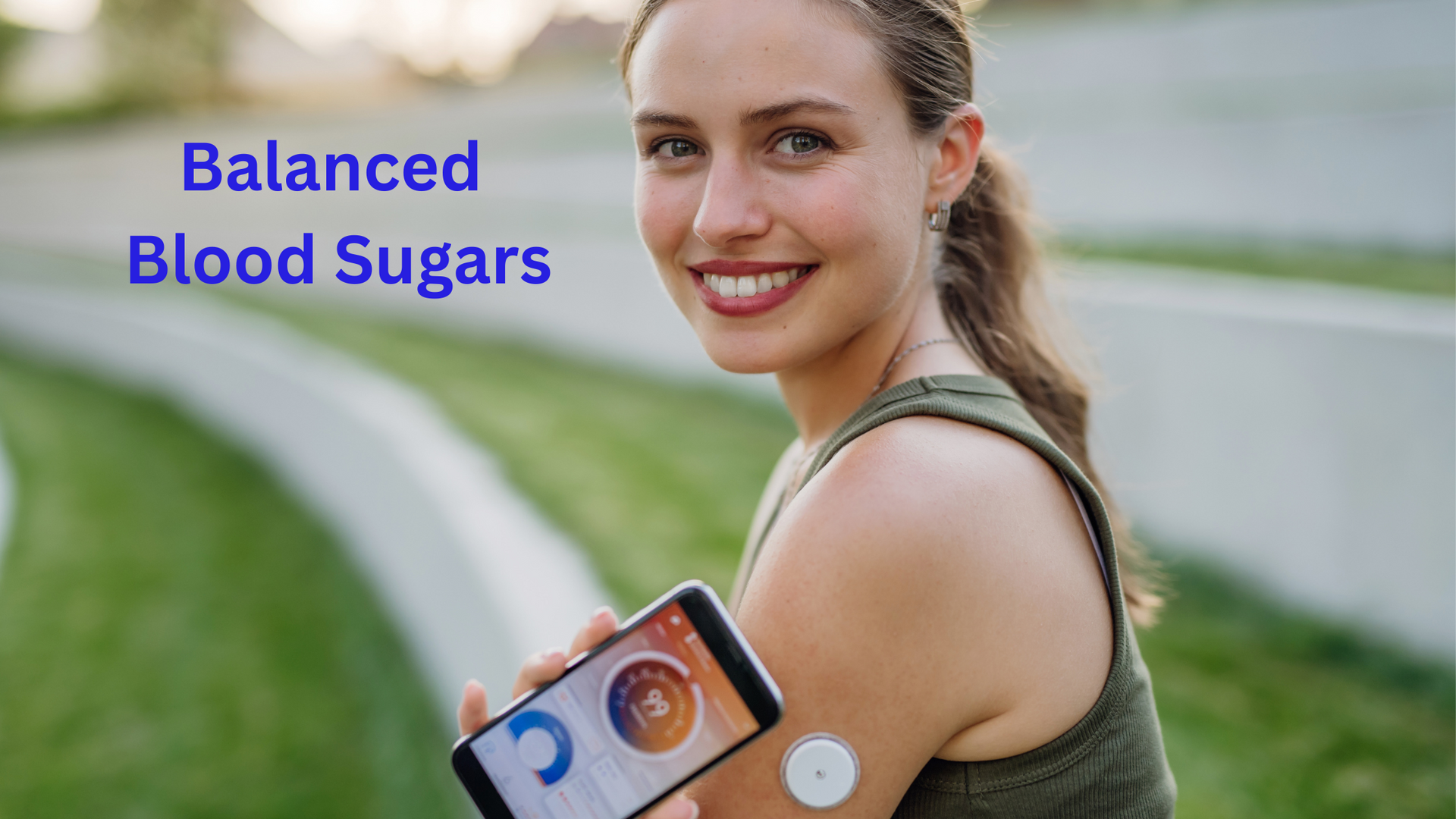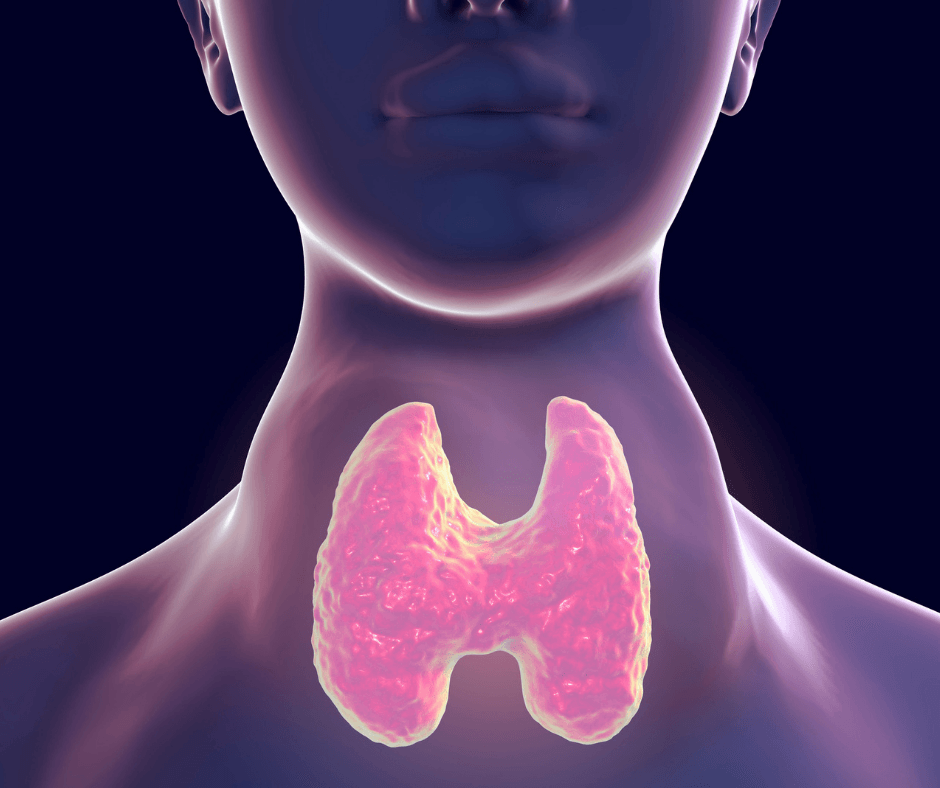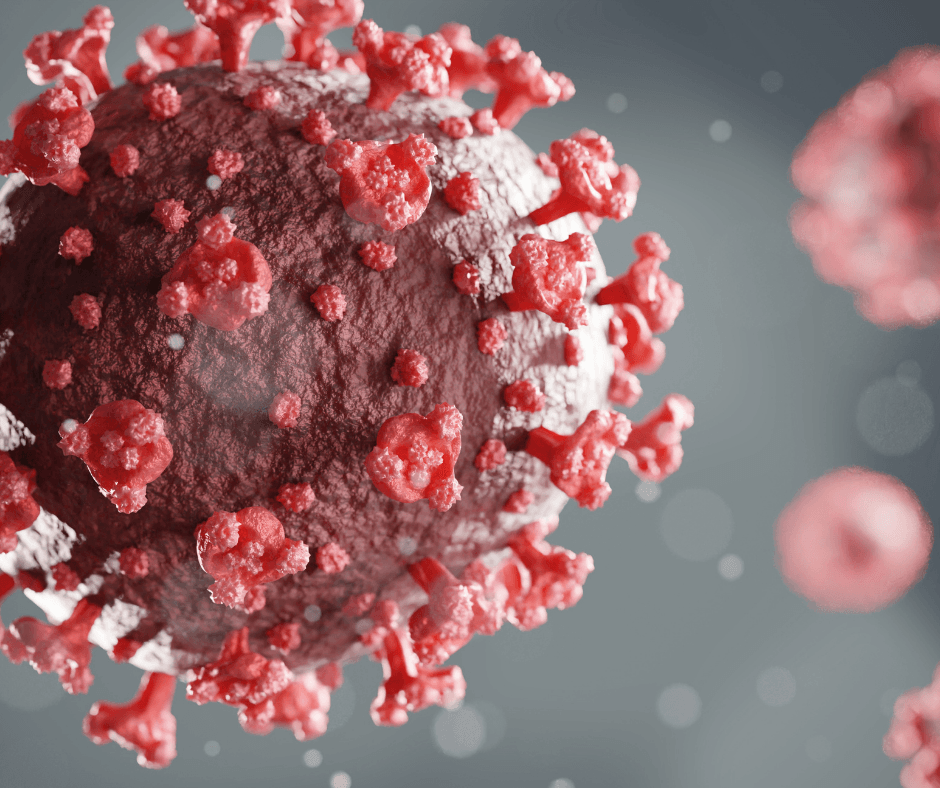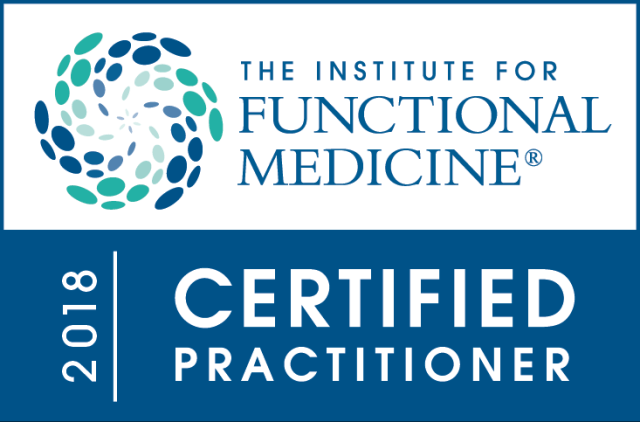The Hormone Symphony...
Is Hormonal Imbalance a Cause of Your Symptoms?

Did you know that your adrenal health affects your thyroid health and sex hormones?
First of all, hormones are the body’s chemical messengers that travel through the blood stream to tissues and organs. Hormones affect may different processes in the body: metabolism, sexual function, mood, reproduction, growth & development.
Hormones are produced by the endocrine glands. Adrenals, thyroid, testes and ovaries are some of the endocrine glands.
Only a small amount of hormones are needed to cause a big change in your cells and your entire body! This is why it is so important to have all your hormones in balance. Too little or too much of a hormone can be very troublesome!
Let’s talk about the Adrenals…
These small triangle shaped glands are located on top of both kidneys. They are composed of two parts: cortex & medulla. The adrenals produce certain hormones that are important to help with regulation in the body’s metabolism, sleep/wake cycle, stress response and so much more!
Cortisol
is one important hormone produced by the adrenals. Cortisol helps control the sleep/wake cycle and the body’s use of carbs, fats & protein. It also regulates blood pressure, increases blood sugar and can decrease bone formation. In individuals with healthy adrenals, cortisol is highest when the body wakes up and lowest at bedtime. Cortisol is also released during times of stress to help increase energy and handle emergency situations. For instance, if you are hiking in the woods and come across an angry bear, your cortisol should increase causing you to have more energy to get the heck out of dodge!
In this stressful world, most people are in constant stress mode causing the adrenals to work overtime. When individuals are constantly stressed, it wears down their adrenals and can cause adrenal dysfunction. It is important to let our bodies relax, rest and take a break!
DHEA
is another important hormone produced by the adrenals. The ovaries and testes also produce a small amount. DHEA is the highest circulating steroid present in the body. On its own, DHEA is not biologically active. It can be converted into active hormones such as testosterone and estradiol. DHEA is an important source of estrogen for postmenopausal females. Production of DHEA increases from age 10, peaks during the 20s and slows down as the body ages. Studies show that low DHEA in males causes a decreased life span. Studies in females with low DHEA shows a low sex drive and osteoporosis.
How Do You Support Adrenal Health?
- Self care! Eating a healthy, clean diet! Relaxing, resting and taking time for movement.
- Eating foods with supportive nutrients:
- B vitamins (co-factors for hormone production): B5, B6, Biotin & Folate: Proteins (fish, poultry, eggs, dairy products), leafy green veggies (spinach), beans & peas
- Vitamin C: Broccoli, brussel sprouts, cauliflower, leafy greens, sweet potatoes, citrus fruits, berries
- Magnesium: Almonds, spinach, cashews, peanuts, soy, black beans, avocados
- Omega 3 fatty acids: Cold water fish (salmon, mackerel, tuna, herring, sardines), flaxseed, chia seed, walnuts
- Zinc: Oysters, beef, crab & pork
What are some symptoms of Adrenal Dysfunction or Imbalance?
Depending on whether the cortisol is too high or too low, individuals will experience different symptoms:
- Low or high blood pressure
- Difficultly falling asleep, staying asleep, or waking up
- Trouble controlling blood sugar, either too low or too high
- Fatigue
- Feeling wired
- Irritable
Let’s move onto the Thyroid…
The thyroid is a small butterfly-shaped gland located at the base of the neck. It maybe small, but it is vital to the body’s overall health and plays a huge role in how the body functions! The thyroid influences the function of the sex hormones, heart, brain, liver, kidneys, skin and gut to name a few…
How does the thyroid influence an individual’s cells, organs & body? It makes thyroid hormones. In order to make thyroid hormones, the thyroid needs nutrients. The thyroid mostly produces a hormone called T4 (thyroxine) and a small amount of T3 (triiodothyronine) that is made up of iodine and tyrosine (amino acid). T4 contains four iodine atoms and T3 contains three iodine atoms. The body mostly recognizes T3. So T4 needs to be converted to T3—which this conversion happens outside of the thyroid.
Some factors that can inhibit hormone production: stress, infection, trauma, radiation, medications, fluoride (antagonist to iodine), toxins (pesticides, mercury, cadmium & lead), and autoimmune disease.
How Does Adrenal Health Affect Thyroid Health?
- Cortisol slows thyroid hormone production—too much stress, can cause too much cortisol release, leading to less thyroid hormones.
- Prolonged elevation in cortisol can cause excessive estrogen, which can make the thyroid hormones the body has inactive (the thyroid hormones stay bound to thyroid-binding globulin, so the thyroid hormones are not free to bind to the cells in the body to activate the body’s cells)
- Chronic stress causes inflammation, which can make the body’s immune system overactive & trigger autoimmune responses. An example of this is when the body’s immune system over reacts and starts making antibodies towards the thyroid gland.
How to Support Thyroid Health…
- Support Adrenal Health!
- Decrease exposures to toxins
- Have a daily detox routine
- Get rid of inflammation!
- Make Gut Health a priority
- Regular, enjoyable movement (this is also important for adrenal health)
Supportive Nutrients for Thyroid Health:
- Iron: Oysters, white beans, dark chocolate, beef liver, spinach
- Iodine: Seaweed, fish (cod or tuna), seafood
- Iodine is very controversial to recommend, especially in hypothyroid patients. Here is my opinion on iodine: Iodine is essential to synthesize thyroid hormones. If you remember above, there are four iodine atoms in T4 and 3 iodine atoms in T3. Your body needs iodine in order to make thyroid hormones. Now everything needs to be in balance. So too much iodine or too little is a problem. I recommend, if you are going to supplement with iodine, check your iodine level first to see where you are at. The recommended standard for checking an iodine level is a 24 hour urine test—this can be a little difficult to accomplish for some individuals. If not able to obtain a 24 hour urine iodine level, check a one time urine test or perform a blood test.
- Tyrosine: Eggs, fish, meats & beans
- Zinc: Oysters, beef, crab
- Selenium: Brazil nuts, fish (halibut, sardines, tuna), beef, turkey, chicken, rice, eggs
- Vitamin A: Liver, fish oils, sweet potato with skins, spinach, carrots, broccoli
- Vitamin D: The best source of Vitamin D is the sun! Foods containing vitamin D: cod liver oil, swordfish, salmon
- Recommend every individual check their vitamin D level yearly. If vitamin D levels are too low or too high, an individual may need to check vitamin D levels more often. Most individuals need to supplement with vitamin D. If you live in a place that is colder during the winter and you are not spending much time outside or are covered up—individuals may need more vitamin D supplementation during the winter months. The only way to know is to check lab work!
- Vitamin C: As mentioned above—broccoli, brussel sprouts, cauliflower, leafy greens, sweet potatoes, citrus fruits, berries
- Vitamin E: Wheat germ oil, sunflower seeds, almonds, peanuts, beet greens, spinach, pumpkin, mango, avocado
- Vitamin B2 (Riboflavin): Clams, salmon, chicken breast, beef liver
- Vitamin B3 (Niacin): Beef liver, chicken breast, salmon
- Vitamin B6: Chickpeas, beef liver, chicken breast, salmon
Supportive Nutrients for Hypothyroid (low thyroid) individuals:
- Selenium 200-400 mcg daily
- Zinc 15-30 mg daily
- Vitamin D 2000 IU daily (Maybe more depending on the individual’s blood work)
- Vitamin A 2000 IU daily
- Iodine 150 mcg daily (Always important to evaluate baseline iodine level)
- Iron 15-20 mg daily for menstruating females (Important to evaluate iron level with blood work)
- It is important to talk with your doctor to see what supplements are right for you!
Symptoms of Thyroid Imbalance… There are so many symptoms that are tied to thyroid imbalance since thyroid health plays so many important roles for our overall wellbeing! Here are a few of the most common symptoms:
- Fatigue
- Constipation
- Joint pain
- Depression
- Anxiety
- Changes in skin
- Brain fog
What about Sex Hormones?
Sex hormone production is controlled by the Hypothalamus-Pituitary-Gonadal (HPG) axis. The hypothalamus signals the pituitary and then the pituitary signals the testes and ovaries to produce sex hormones.
Let’s focus on Testosterone, Estrogens & Progesterone:
Testosterone:
Can be produced by testes, adrenals & ovaries. Important for expression & maintenance of male sexual characteristics; sex drive in both males & females; metabolism & muscle mass. Testosterone can be sent down a different pathway to form estrogens.
Estrogen:
Produced in the ovaries. Conversion of androgens (such as testosterone) to estrogen can occur in fat cells, bone & testes. Estrogen is important for development & maintenance of female sexual characteristics; energy balance, metabolism and prevents bone loss.
Progesterone:
Produced in ovaries & adrenals. Has several important roles in the female reproductive cycle.
Thyroid & Sex Hormones…
The thyroid and sex hormones are always in communication. Both the thyroid and sex hormones are influenced by each other. So, if one system is dysfunctional, it will cause the other system to be dysfunctional.
- Estradiol (estrogen): lowers the effectiveness of the thyroid hormone in the body (keeps the thyroid hormones in an inactive state)
- Testosterone increases the effectiveness of thyroid hormone in the body to keep it readily available for use—this is one reason why testosterone is important for metabolism.
Adrenals & Sex Hormones…
Cortisol (which is produced by the adrenals) blocks the production of estrogen & testosterone. Cortisol also blocks the estrogen and testosterone that is already in circulation from binding to an individual’s cells. So, if an individual is constantly stressed and producing lots of cortisol, then the individual’s body is not able to make sex hormones or use the sex hormones it previously made!
Symptoms of Imbalanced Hormones…
Estrogen Dominant Symptoms:
breast tenderness, fibrocystic changes, heavy periods, fat distribution in hips or thighs, anxiety, fibroids, endometriosis or symptoms suggestive of endometriosis and painful periods.
Lack of progesterone or imbalance between estrogen & progesterone:
oral contraceptive use, anxiety, PCOs (polycystic ovarian syndrome), anxiety, hormone replacement of estrogen only, spotting before & after periods.
Testosterone Imbalance:
acne, anger or aggressiveness, change in sex drive, hair growth or hair loss, and loss of muscle mass.
Helpful Foods for Hormone Balance:
- Protein
- Healthy fats
- Vegetables & fruit. Rainbow of colors daily with goal of 10-13 (1/2 is one serving) servings per day. Heavy on the vegetables!
- Organic, non-processed foods (certain herbicides & pesticides studied have shown to be endocrine disruptors & also cause inflammation)
- Filtered water (especially if you have thyroid issues obtain filter that also filters out fluoride in drinking, cooking and bathing water)
- Stay away from foods that cause you inflammation!
Foods that are NOT helpful for Hormone Balance:
- Pesticide/herbicide ridden food
- Inflammatory foods with lots of chemicals, additives & dyes
- Soda
- Caffeine
- Alcohol
The Hormone Symphony: It becomes a master piece when all the different players (hormones, endocrine system, body) work together and have the right balance—not too much or not too little of anything!
If anything is out of balance, it can negatively affect the rest of the body, since the body works together as a whole, not separately!
In summary, to have a hormone symphony, instead of a hormone disaster, it is essential to have the proper nutrients, a healthy gut, a liver that is happy & at full speed on detoxing. It is also important to have a happy and balanced immune system with well functioning adrenals, thyroid and sex hormones that are working together.
Do you have symptoms of hormone imbalance and feel like your body needs help getting to optimal health? At New Beginnings Functional Medicine Clinic , Dr. Shannon Evans, DO, IFMCP is passionate about empowering, educating and partnering with patients to get to their optimal health! Call 970-305-0101 or email Staff@NewBeginningsFMC.com to schedule a complimentary 15 minute consult with Sara to see how Functional Medicine can get you to your optimal health!
References:
https://www.hsph.harvard.edu/nutritionsource/vitamin-e/
https://medlineplus.gov/hormones.html
https: ods.od.nih.gov/factsheet/Iron-HealthProfessional/
https://www.webmd.com/vitamins/ai/ingredientmono-1037/tyrosine
https://www.pathophys.org/sexhormones/
https://ods.nih.gov/factsheets/VitaminA-HealthProfessional/
https://ods.od.nih.gov/factsheets/Riboflavin-HealthProfessional/
https://www.hopkinsmedicine.org/health/conditions-and-diseases/adrenal-glands
https://medlineplus.gov/bvitamins.html
https://medlineplus.gov/ency/article/002404.htm
https://ods.nih.gov/factsheets/Magnesium-HealthProfessional/
https://ods.od.nih.gov/factsheets/Omega3FattyAcids-Consumer/
https://ods.od.nih.gov/factsheets/Zinc-HealthProfessional/
https://www.ncbi.nlm.nih.gov/pmc/articles/PMC5120618/


Dr. Shannon's Blog











